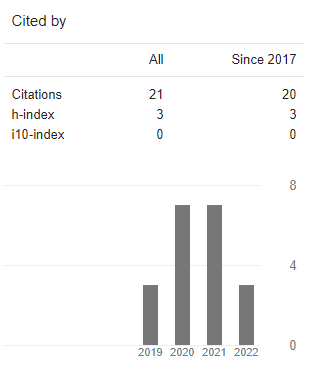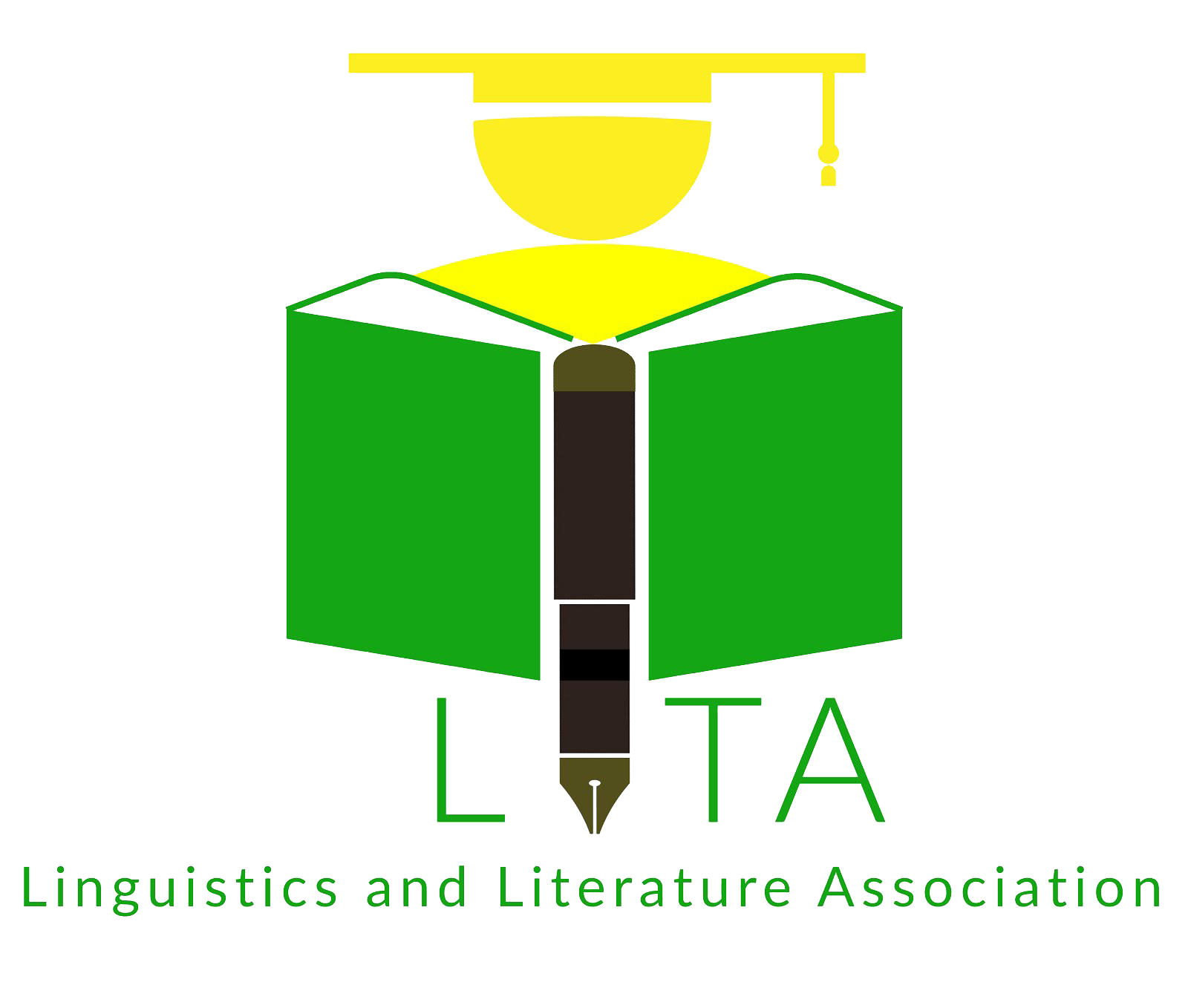Submissions
Submission Preparation Checklist
As part of the submission process, authors are required to check off their submission's compliance with all of the following items, and submissions may be returned to authors that do not adhere to these guidelines.- The submission has not been previously published, nor is it before another journal for consideration (or an explanation has been provided in Comments to the Editor).
- The submission file is in OpenOffice, Microsoft Word, RTF, or WordPerfect document file format.
- Where available, URLs for the references have been provided.
- The text is double-spaced; uses a 12-point font; employs italics, rather than underlining (except with URL addresses); and all illustrations, figures, and tables should be set out in separate pages.
- The text adheres to the stylistic and bibliographic requirements outlined in the Author Guidelines, which is found in About the Journal.
- If submitting to a peer-reviewed section of the journal, the instructions in Ensuring a Blind Review have been followed.
Copyright Notice
The copyright of the received article shall be assigned to the journal as the publisher of the journal. The intended copyright includes the right to publish the article in various forms (including reprints). The journal maintains the publishing rights to the published articles.
Â
Â
Â
Privacy Statement
Alphabet is committed to protecting and respecting your privacy.
Editors and editorial board members are concerned to ensure that information regarding manuscripts submitted by the authors is kept confidential. This includes requiring properly informed consent for the actual research presented and consent for publication where applicable. Unpublished information disclosed in a submitted manuscript for their own research purposes will not be used without the authors’ explicit written consent. Privileged information or ideas obtained by editors because of handling the manuscript will be kept confidential and not used for their individual benefit.


















